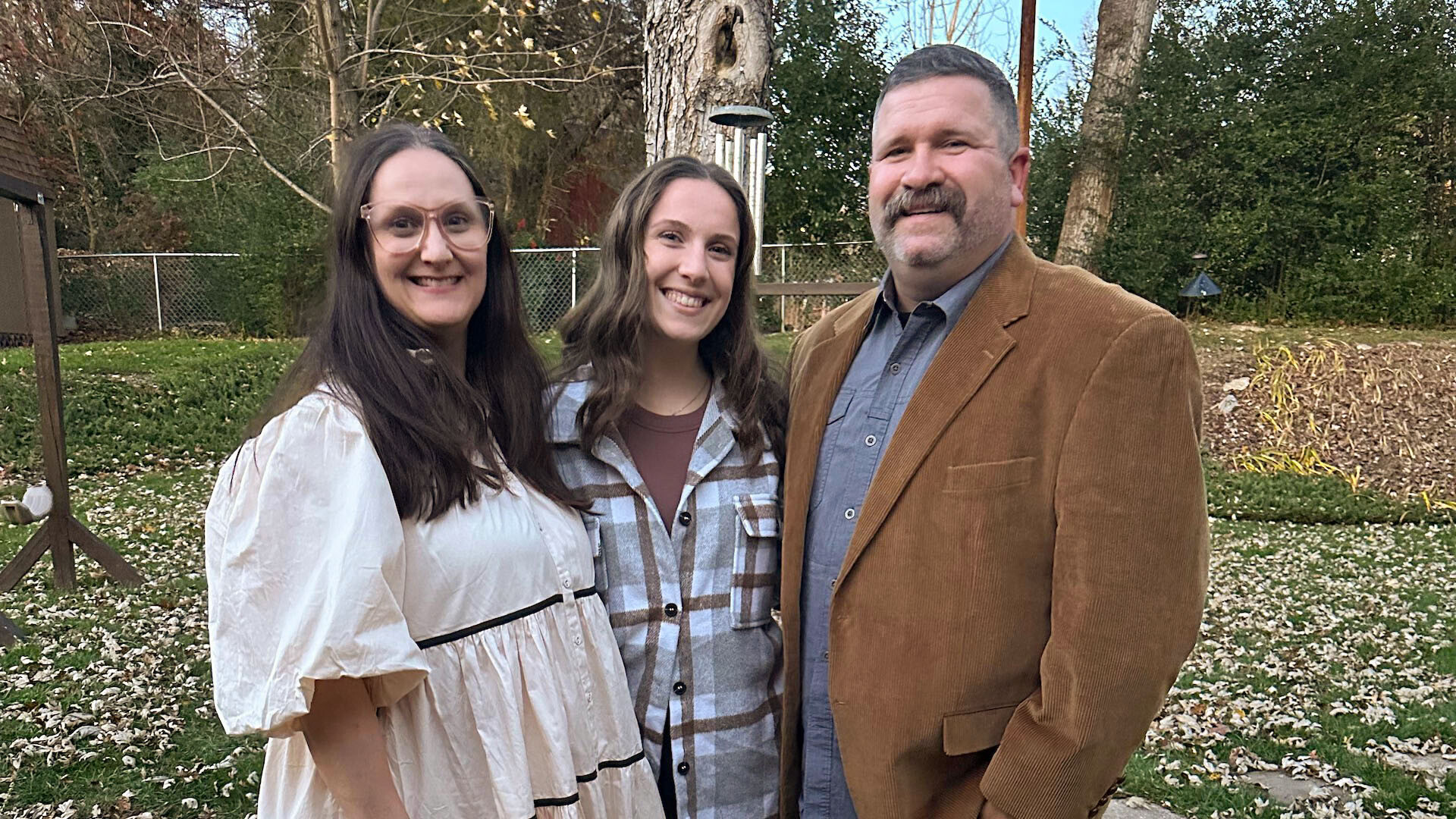
Bradley Hill
A Firm Foundation: How SWU Shaped Bradley Hill's Ministry to the Least, the Last, and the Lost
In the aftermath of Hurricane Helene's devastating sweep through Western North Carolina in September 2024, Pastor Bradley Hill, current assistant pastor at Greenwood Hills in High Point, NC found himself driving west on Interstate 40 with little more than a sense of divine direction. “The Lord just pricked my heart on a Sunday night over western North Carolina,” Hill remembers. “I remember having a conversation with my wife, Deidra, who is a school teacher and SWU grad, about the destruction in WNC and feeling the need to go west. She encouraged me to go.”
Hill left the next day, and his Monday morning journey became the first of many “Mountain Mondays,” a weekly commitment to helping the hurricane-ravaged communities rebuild their lives.
But for Hill, a house flipper and deputy fire chief from the area of High Point, North Carolina, the mission to serve “the least, the last, and the lost” began long before the hurricane hit, and it traces back to his formative years at Southern Wesleyan University.
“It started in ‘97 when I showed up as a freshman,” Hill remembers. “I had just gotten saved at 17,” says Hill. “I knew very little about church.” His original plan was to attend a public university in NC and study sports training. But a newfound faith changed everything. “I was connected to Mt. Zion Wesleyan Church, and I didn't know where any other Christian schools were,” Hill says. “So I came to Southern Wesleyan.”
Hill is quick to acknowledge he “wasn't a very good student” during those years. “Academics were just not my thing,” he reflects. What he gained at SWU was spiritually foundational.
Hill identifies two key influences at SWU who shaped his mission to help the marginalized: Chaplain Ken Dill and Professor Roger McKenzie.
“What Ken did for me during those last two years of school when I was becoming an adult was see past my flaws and really see me as a person,” Hill explains. “I think he really helped me care for people who are not like me.”
Similarly, Professor McKenzie, with whom Hill maintains a relationship today, “taught me how to start the process of caring deeply for people not where they could be, but right where they're at.”
These mentorships, combined with hands-on experience serving the homeless in downtown Greenville, South Carolina, began shaping Hill's compassionate approach to ministry.“ My junior and senior year, there was a group of us who would go downtown Greenville and go out on the street,” he recalls. “We learned to go with open hands and a pure heart.”
Looking back, Hill describes his time at SWU as “pouring a foundation” for his life's work. “If you’re thinking of a house,” he says, “SWU was a foundation for me to build on and not be shaken when the storm came.”
Today, Hill’s non-profit organization, Rise Up Network is in partnership with the NC West district coordinating disaster relief efforts, including the restoration of Old Fort Wesleyan Church, in Old Fort NC, which was nearly destroyed by Hurricane Helene. As the North Carolina East District Regional Response and Outreach coordinator, Hill connects people with needs to people with resources, embodying the hands-on ministry approach he first practiced as a student.
Now, Hill’s daughter Nora attends SWU, and Hill has delighted in watching her flourish as a ministry major. “It's been a great experience for her becoming who she is in Jesus,” Hill says. “It took years for me to figure it out, but she knows where that identity lies.”
While Hill’s identity may not have been fully formed during his time at SWU, it is clear that the Lord—and some key mentors—helped lay a strong foundation.